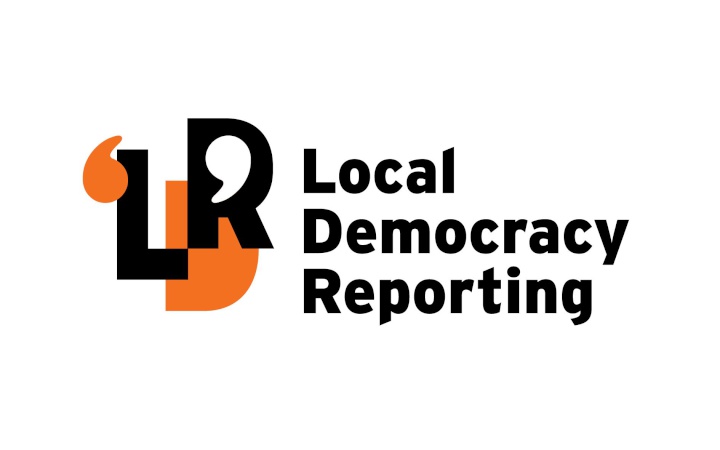Tararua District councillor Peter Johns said he hoped to see a focus on the regions as New Zealand recovers from the covid-19 lockdown.
Representatives in the district, which covers parts of northern Wairarapa and inland Hawke’s Bay, confirmed an average 2.5 per cent rates rise this week.
It had been reduced down from an initially proposed hike of almost six per cent, scheduled before the public health response to the outbreak.
Johns said the last two months had been unprecedented in our lifetime, “and the after-effects will continue for a long time to come”.
“The immediate recovery process will necessitate changes in priorities for some council activity.
“Projects that require the input from local businesses and local labour will, where possible, take priority over others that may have been on the Annual and Long Term Plan. “
Johns said that governments could take a lead from infrastructure projects after the mid-20th century Great Depression to deal with the expected economic crisis coming from covid-19.
“Some of the biggest water, power, and roading projects ever built were built in the [19]30s.
“The ideas and promises from political parties later this year will be interesting. I am hopeful the next three years will see more focus on regional New Zealand, the engine room of the economy, than ever before.
The district has already received some central government funding for projects.
The council received $500,000 from the Provincial Growth Fund to contract out the felling of roadside and dangerous trees.
Raj Suppiah, the council’s chief financial officer, said its preference was for local businesses to gain the contracts, as the criteria for the funding requires wider social benefits, and a broad range of workers and skills.
“We want to stretch this $500,000 and to grow Tararua, ensuring everyone gets a slice of the pie.”
The trees need to be felled for road safety, powerline safety and to protect the resilience of key routes on council’s roading network and under the requirements of the PGF funding the work must be completed within six months.



 Richard S. Ehrlich: The Billionaire Who Could Not Be Stopped
Richard S. Ehrlich: The Billionaire Who Could Not Be Stopped Martin LeFevre - Meditations: Relations Between Canada And America Are At Their Lowest Point Since The American Revolutionary War
Martin LeFevre - Meditations: Relations Between Canada And America Are At Their Lowest Point Since The American Revolutionary War Ramzy Baroud: The Great March Of Hope - Gaza’s Defiance Against Erasure
Ramzy Baroud: The Great March Of Hope - Gaza’s Defiance Against Erasure Ian Powell: More UK Lessons For Labour Party In New Zealand
Ian Powell: More UK Lessons For Labour Party In New Zealand Binoy Kampmark: Why Fly In Europe? The Dark Triumph Of The Ryanair Effect
Binoy Kampmark: Why Fly In Europe? The Dark Triumph Of The Ryanair Effect Peter Dunne: Dunne's Weekly - Corporate Tax Reduction Overdue
Peter Dunne: Dunne's Weekly - Corporate Tax Reduction Overdue